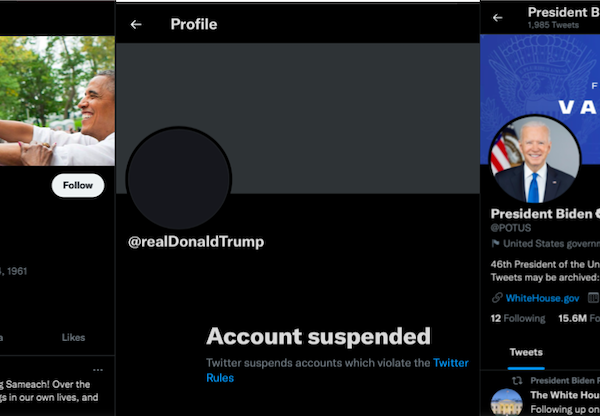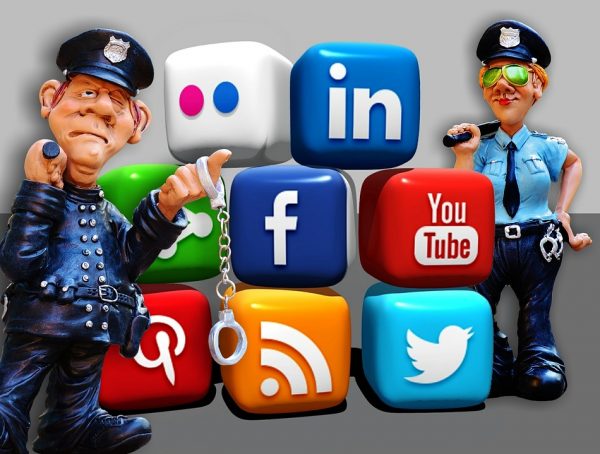Twitter users share content on prescription drug misuse to help and inform each other and they rely more on information generated by media organizations than health-based organizations, a recent study found.
The study published in the Journal of Health Communication recommended that health-based organizations work with the media to create and make more shareable content that can be used in public health communication.
The study found that media organizations produce content with a more emotional than informational tone, and people are more comfortable with emotional content.
In getting more viral content, health organizations could also collaborate with social media influencers and celebrities because they provide more emotionally evoking messages.
The study was conducted by three researchers—Parul Jain, Zulfia Zaher, and Imran Mazid from Ohio University, Central Michigan University, and Grand Valley State University, respectively.
Researchers analyzed 1,500 tweets containing the keyword “opioids,” collected between October 2018 and November 2018.
Tweeter users tended to share content with text and video more than text-only. The content with text and video had 95 percent shareability, while the text-only messages had only 58 percent. As a result, the researchers assumed that the public health issue educational campaigns would be more viral and successful if they contain videos.
To read more: https://doi.org/10.1080/10810730.2019.1707911
Parul Jain, Zulfia Zaher & Imran Mazid (2020) Opioids on Twitter: A Content Analysis of Conversations regarding Prescription Drugs on Social Media and Implications for Message Design, Journal of Health Communication, 25:1, 74-81, DOI: 10.1080/10810730.2019.1707911








